


Last week, a coordinated operation involving police forces, the prison services, local authorities, and safeguarding partners saw the shutdown of eight drug lines and the arrest of 82 people in the North East. The national intensification week was aimed at tackling County Lines - a criminal activity where dealers use dedicated mobile phone lines and exploit vulnerable children and young people to sell highly addictive substances. This crackdown is just one example of the ongoing efforts to protect those impacted by this ruthless and dangerous trade.
Drug Crackdown in the North East: Tackling County Lines Exploitation
The recent coordinated operation in the North East, which led to the shutdown of eight drug lines and the arrest of 82 people, underscores the ongoing battle against County Lines, a criminal enterprise that exploits vulnerable individuals.
Background:
County Lines is a term used to describe drug supply networks that operate across different counties in the United Kingdom. These networks typically involve gangs based in larger cities who use vulnerable children and young people to transport and sell drugs in smaller towns and rural areas.
Victims of County Lines are often coerced into involvement through violence, grooming, or debt. They are given dedicated mobile phone lines to facilitate drug orders and may be forced to travel long distances or stay away from home for extended periods.
Recent Crackdown:
Last week's operation was part of a national intensification week aimed at disrupting County Lines activity. Police forces, prison services, local authorities, and safeguarding partners worked together to identify and target drug lines in the North East.
The shutdown of eight drug lines and the arrest of 82 individuals is a significant blow to County Lines operations in the region. It demonstrates the commitment of law enforcement and other agencies to protect vulnerable individuals and disrupt this harmful trade.
Top 5 FAQs Related to County Lines:
1. What is the definition of County Lines?
County Lines refers to criminal networks that transport and sell drugs across county borders, using vulnerable individuals to facilitate their operations.
2. Who is typically targeted by County Lines gangs?
Children and young people who are vulnerable due to factors such as poverty, homelessness, or family difficulties are commonly targeted by County Lines gangs.
3. How do gangs recruit and exploit victims?
Gangs may use violence, grooming, or debt to coerce individuals into involvement. Victims may be given mobile phones to facilitate drug orders and forced to travel or stay away from home for extended periods.
4. What are the dangers of County Lines exploitation?
Victims may face physical and psychological abuse, sexual exploitation, and criminal charges. They may also miss school, experience disruption to their home lives, and develop addiction problems.
5. What can be done to tackle County Lines?
Combating County Lines requires a multi-agency approach involving law enforcement, social services, and education providers. Raising awareness, providing support for victims, and disrupting drug supply networks are key elements of an effective response.

In a digitized effort, Chief Minister Devendra Fadnavis transferred a grant of ₹25 crore to 560 gaushalas across the state under the Desi Cow Conservation Scheme. This first phase of the scheme will benefit over 56,000 indigenous cows for their upkeep. Fadnavis emphasized the importance of preserving indigenous cows for rural development and praised the initiative taken by the Maharashtra Goseva Commission. With lower milk productivity, these cow shelters play a vital role in providing necessary care for non-milking and unproductive cows, making the scheme a major relief for them.

Samajwadi Party chief Akhilesh Yadav criticized the BJP for taking 10 months to select a national president, while Amit Shah countered by pointing out dynastic practices among opposition parties. Reports suggest that the BJP will announce its new national president by the third week of April to replace JP Nadda. Nadda's tenure was extended until June 2024, but the new president will still be chosen after a process involving the party's 12-13 crore members.
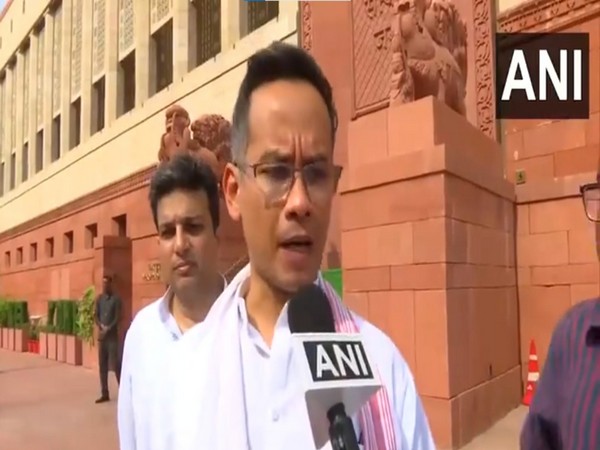
Congress MP Gaurav Gogoi vehemently opposes the Waqf amendment bill during a Lok Sabha discussion, stating that it is an attack on the foundation of Parliament and the Constitution. He also alleges that the government has ulterior motives for pushing the amendment, including diluting the Constitution, defaming minorities, dividing society, and disenfranchising the minority community. He questions the timing of the amendment and accuses the BJP-led government of restricting religious freedoms in India.
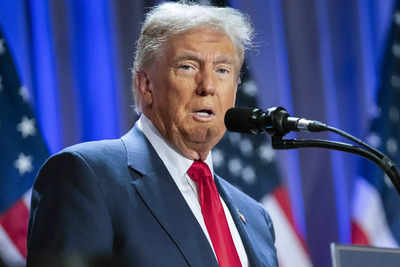
US President Donald Trump has sparked controversy by hinting at ways to stay in power beyond his second term. While the 22nd Amendment limits presidential terms to two, Trump believes there are "methods" to get around it. This raises concerns about the sanctity of democracy and the potential for abuse of power. The idea of a third term for any president has been largely rejected in American history, making this a crucial issue to watch.
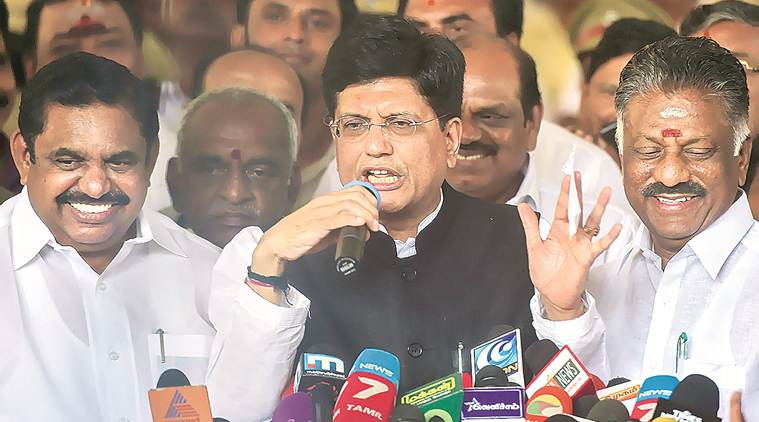
The Indian Express has reported exclusively that the BJP may ask K Annamalai to step down as the party's Tamil Nadu president, in order to avoid having both BJP and AIADMK's state election faces come from the Gounder community. This move is seen as a strategic decision to strengthen the BJP's alliance with AIADMK, as both Annamalai and AIADMK chief Edappadi K Palaniswami belong to this community. Despite his successful leadership style, Annamalai has reportedly been assured of a bright future within the party and has pledged complete loyalty.
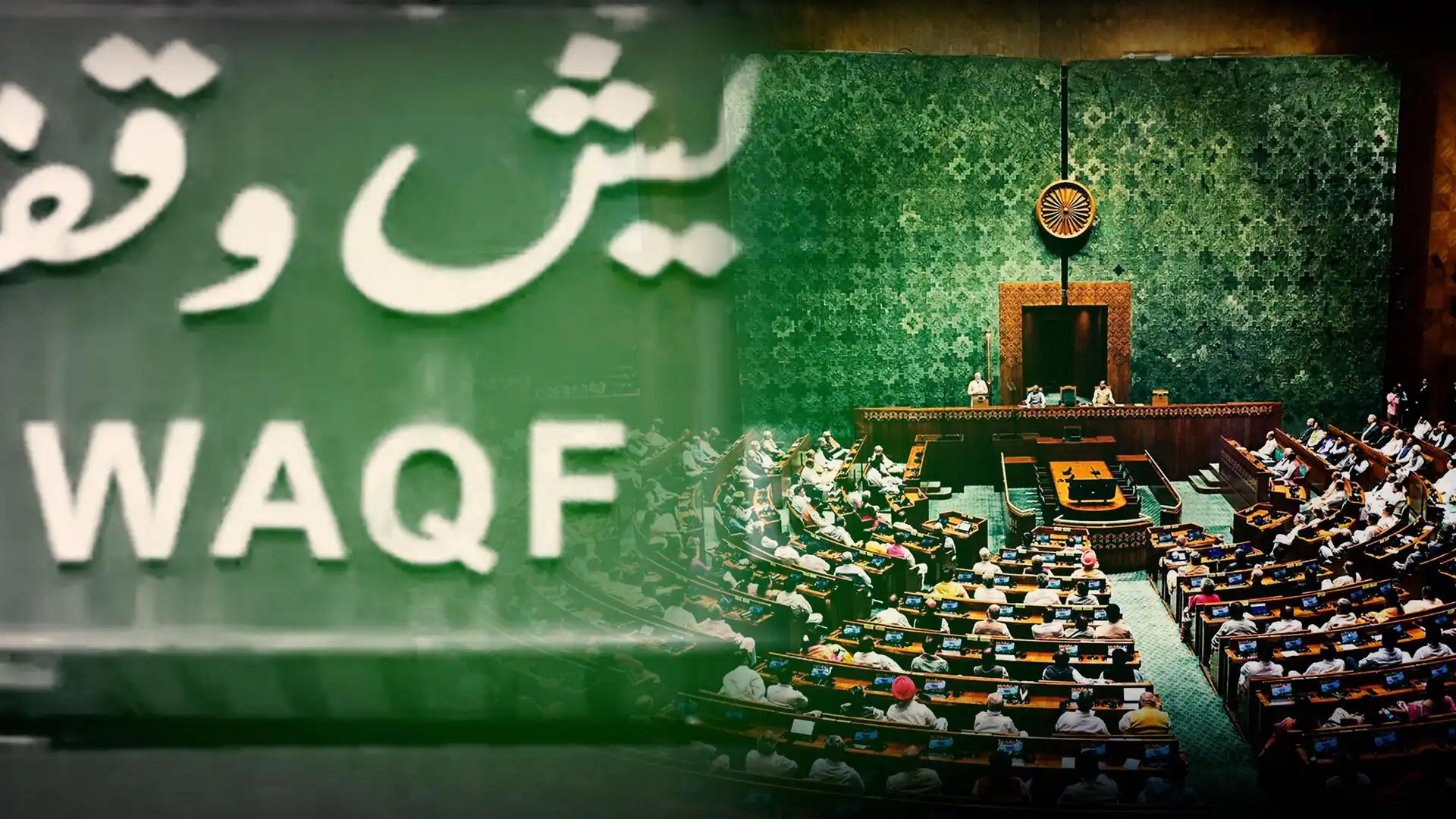
The Lok Sabha braces itself for a heated session as the Centre brings back the divisive Waqf (Amendment) Bill for consideration and passage. The eight-hour debate, agreed upon by leaders from all major parties, could be extended after taking the sense of the House. The previously introduced bill had faced backlash from the Opposition and was sent to a Joint Committee for further scrutiny, leading to clashes over proposed amendments and dissent notes being allegedly redacted. Some of the biggest points of contention include allowing non-Muslims to hold key positions in the Waqf board, giving power to the District Collector to determine ownership of disputed property, and removing the tribunal's final decision clause.

Prime Minister Narendra Modi and Chilean President Gabriel Boric Font held discussions on enhancing bilateral relations between India and Chile, particularly in the economic, commercial, and societal sectors. They also paid tribute to Mahatma Gandhi at Raj Ghat and announced the start of negotiations for a comprehensive economic partnership agreement. The Chilean President is on a five-day state visit to India, accompanied by a high-level delegation.
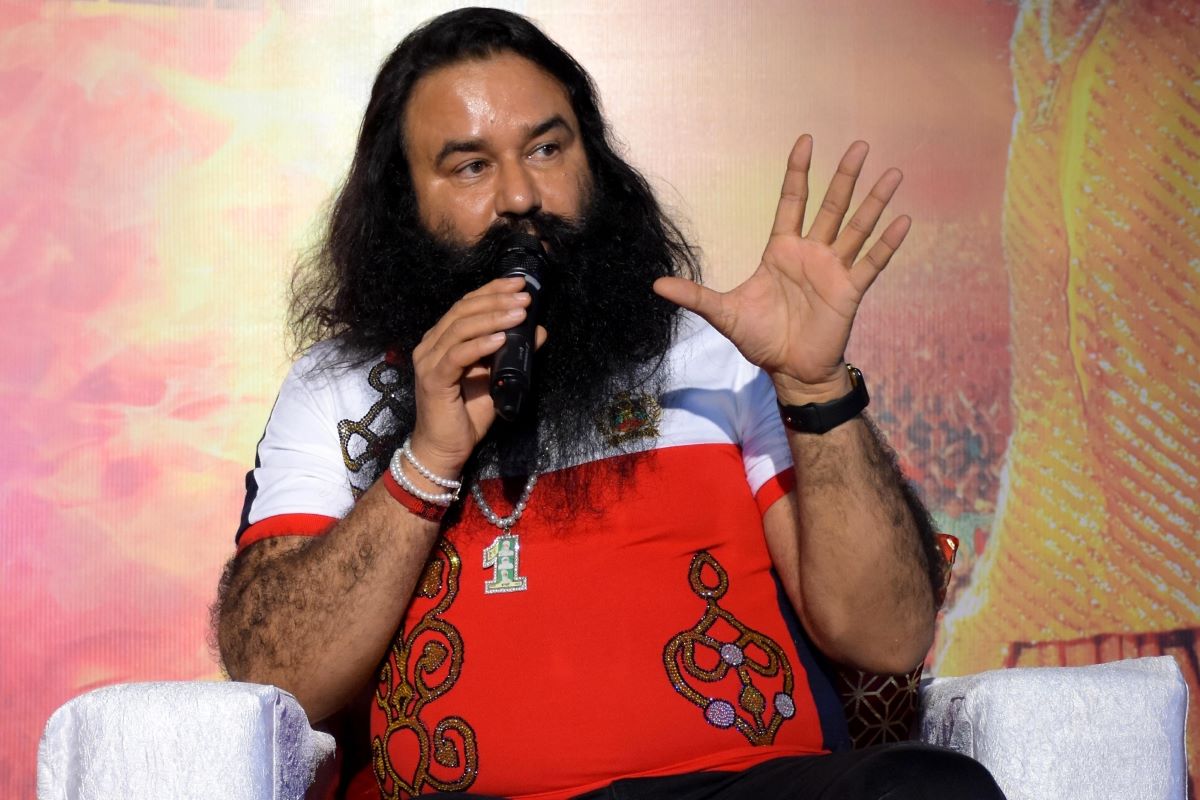
The controversial Godman, Ram Rahim, who is serving a 20-year jail sentence for rape, has been granted a 30-day parole by the Haryana government. His release coincides with the upcoming assembly elections in Delhi, raising questions about the timing of the decision. Ram Rahim's parole last year before the Haryana assembly elections was also met with criticism. With a mass following in Punjab, Uttar Pradesh, and Haryana, the parole has sparked a debate on the influence of religious leaders in politics. IBNS, an objective news agency, strives to provide factual and unbiased news without any biases or agendas.
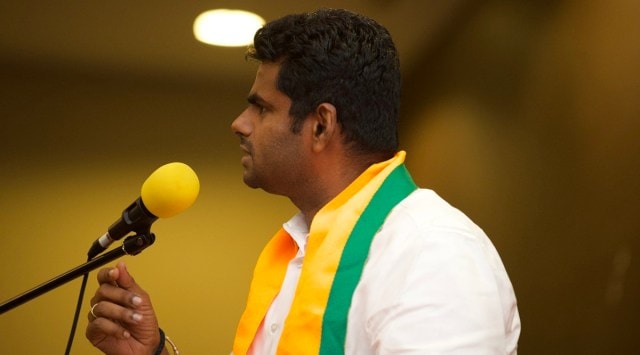
It has been speculated that K Annamalai, the current BJP Tamil Nadu president, may step down from his position as alliance talks between the BJP and AIADMK intensify. The move comes amid concerns over caste equations and the BJP's strategy to consolidate its hold beyond the western region of Tamil Nadu. Sources reveal that Annamalai has expressed complete loyalty to the party and may take on a national role or a different assignment in the state.
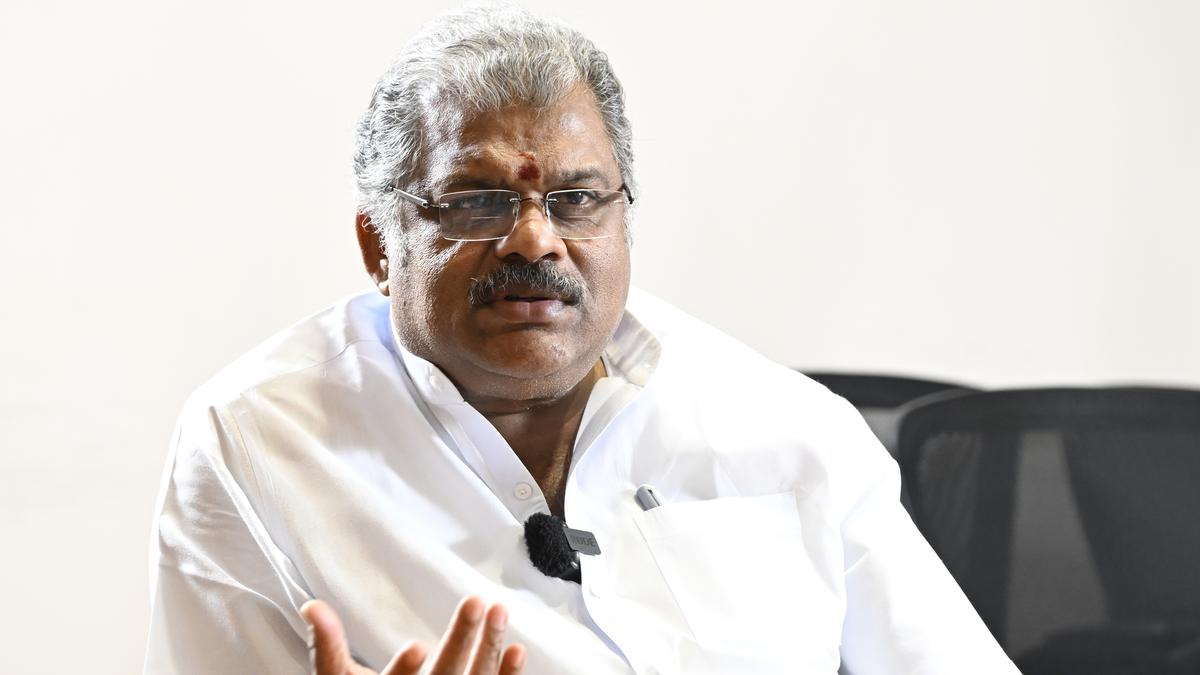
In a scathing attack, Tamil Maanila Congress leader and former Union Minister G.K. Vasan criticized the DMK government in Tamil Nadu for the deteriorating law and order situation in the state. Vasan accused the ruling party of using divisive issues to distract from their failures, corruption, and scams. He demanded a white paper on the alleged Rs 1,000-crore financial fraud involving the state-run corporation responsible for liquor sales. The Enforcement Directorate has conducted raids in connection with suspected financial irregularities, targeting the TASMAC headquarters, distilleries, and liquor contractors.